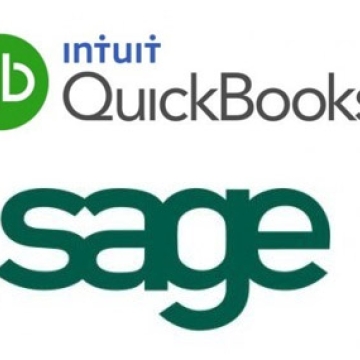How business owners and execs can stay connected with staff
With the empty bottles of bubbly placed safely in the recycling bin and the confetti swept off the floor, it’s time to get back to the grind. The beginning of the year can be a busy time for business owners and executives, because you no doubt want to get off to a strong start in 2020.
SEK Announces Supervisor Promotions - 2020
FOR IMMEDIATE RELEASEJanuary 9, 2020 SEK Announces Supervisor Promotions
SEK Admits New Member of the Firm - 2020
FOR IMMEDIATE RELEASEJanuary 7, 2020 SEK Admits New Member of the Firm
Employee benefit plans: Do you need a Form 5500 audit?
Some benefit plans are required to include an opinion from an independent qualified public accountant (IQPA) when filing Form 5500 each year.
Sage 50 & QuickBooks Desktop Updates
Sage recently implemented changes to Sage 50 software. As a result of these changes, versions of Sage 50 older than 2019 are no longer compatible with Sage 50 for 2019 and 2020, and older versions can no longer be operated on the same database platform.
5 ways to strengthen your business for the new year
The end of one year and the beginning of the next is a great opportunity for reflection and planning. You have 12 months to look back on and another 12 ahead to look forward to. Here are five ways to strengthen your business for the new year by doing a little of both:
Yes, SEO is also important for nonprofits
If you think search engine optimization (SEO) is something only for-profit businesses need to worry about, think again. The Google rankings of your not-for-profit’s website can make a tremendous difference in the donations and other support you receive.
Wellness programs are subject to many federal laws
At the beginning of the year, many people make resolutions about improving their physical fitness and overall well-being. Employers may seek to give these goals a boost in the longevity department by offering an employee wellness program.
Nondeductible IRA contributions require careful tracking
If, like many people, your traditional IRA holds a mixture of deductible (after-tax) and nondeductible (pretax) contributions, it’s important to track your contributions carefully to avoid double taxation of distributions. Why?
Nonprofit Parking Tax Repeal
On Friday December 20, 2019, President Trump signed a spending package which included the repeal of the nonprofit parking tax. This tax applied to employee parking benefits as well as mass transit reimbursement.









